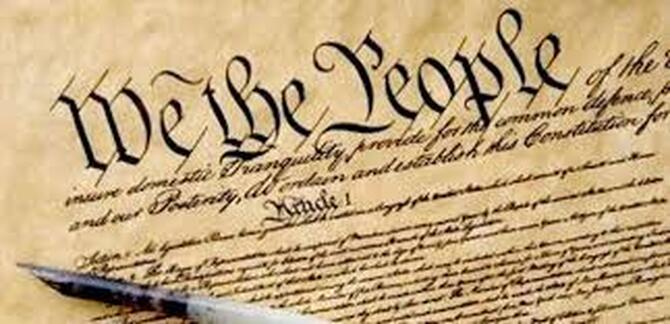There have been three Presidential Impeachment investigations in my lifetime, two during my adulthood. Only one was successful in removing a President when Nixon resigned rather than face almost certain Impeachment by the House of Representatives and removal by the Senate.
|
Al WattsFather of 4, Husband, Catholic, Historian, published author, LGBTQ+ ally, runner, sports fan (he/him/his) Archives
May 2020
Categories |

 RSS Feed
RSS Feed